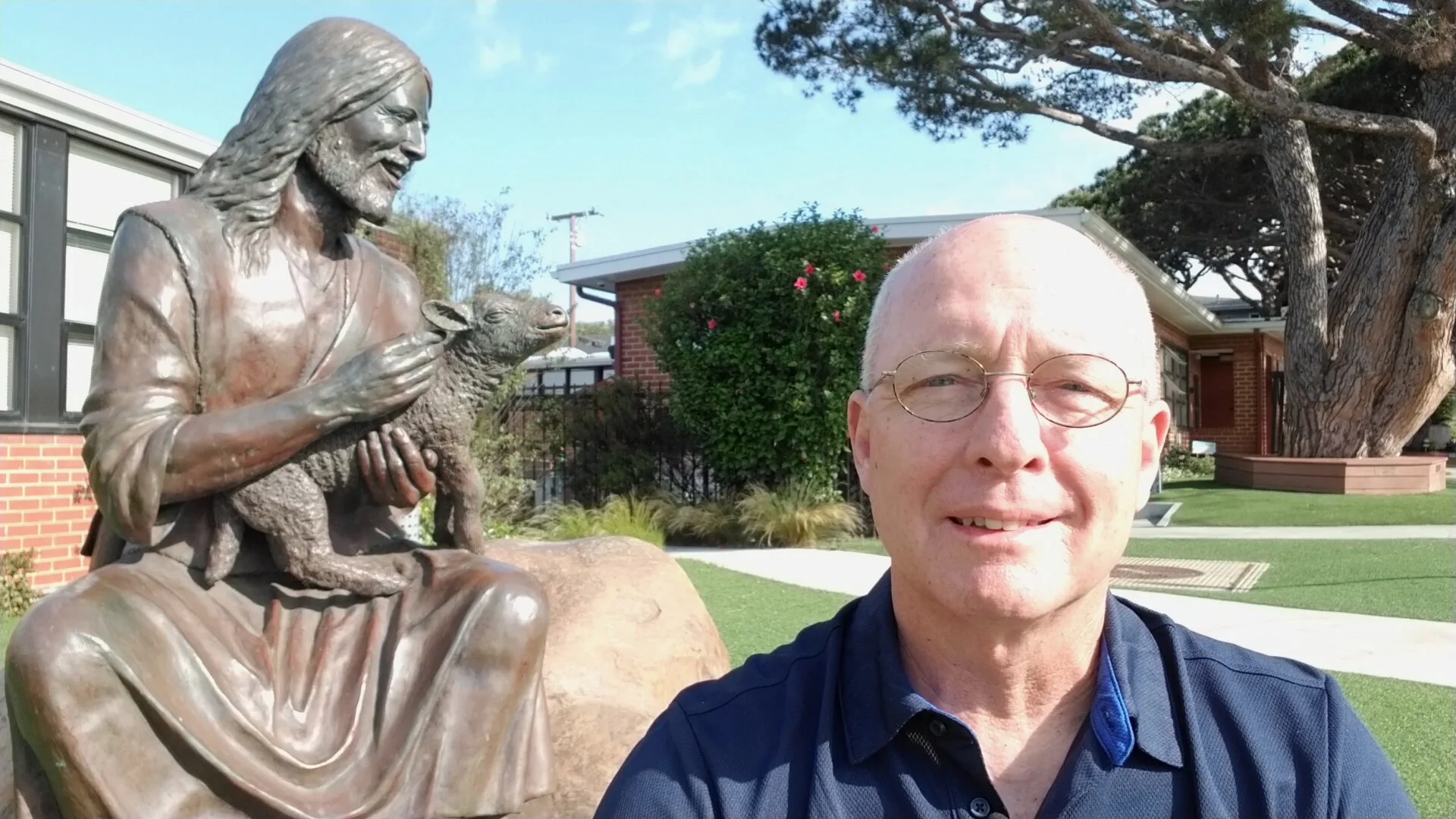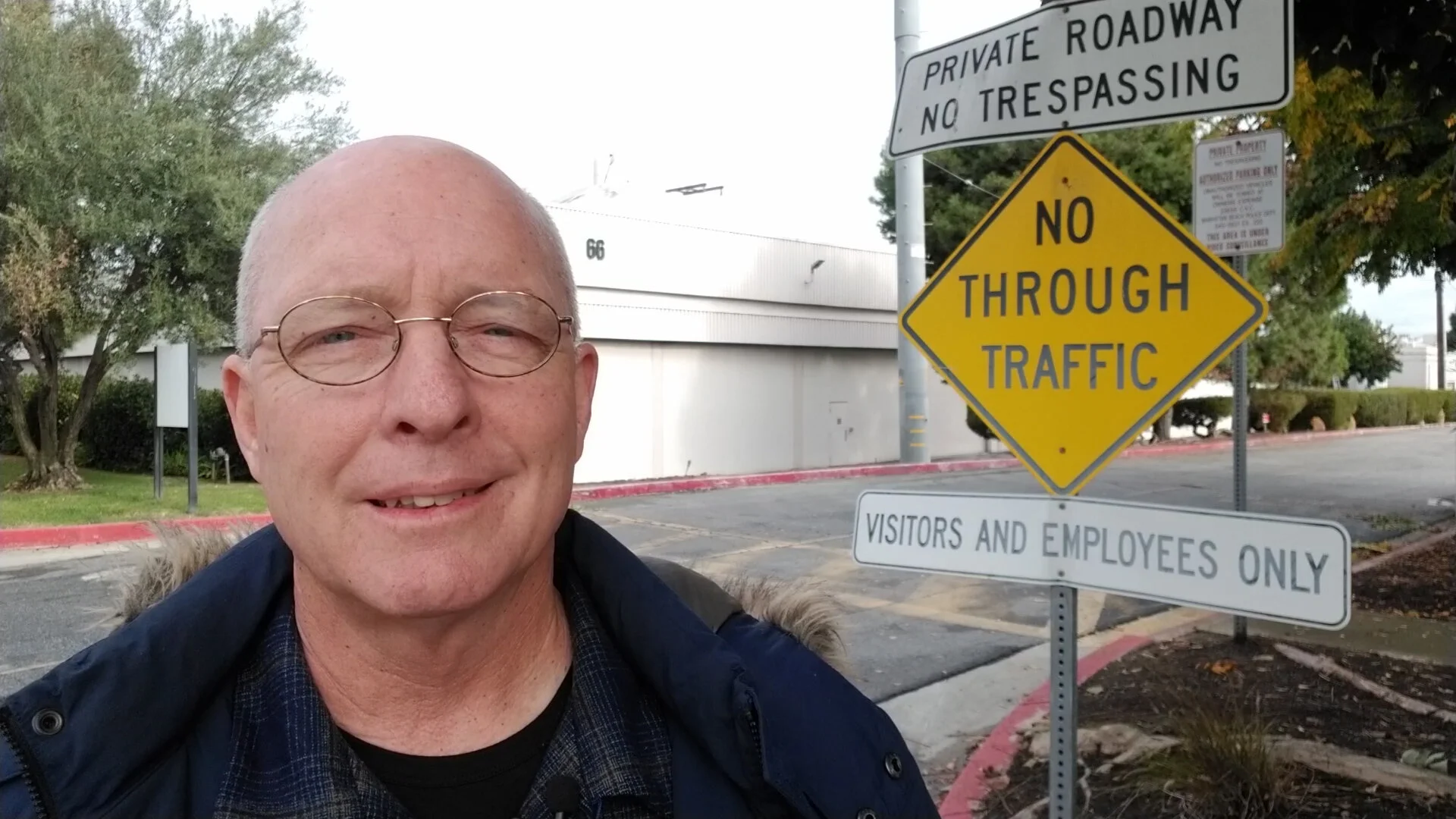The first half of John 10 is most likely a continuation of the pointed rebuke of the Pharisees by Jesus that concluded the previous chapter. But when he used the phrase, “Most assuredly, I say to you," it meant he wanted even greater attention to be given to what would follow. And what follows is a lengthy parable about the shepherd and the sheep.
A parable isn’t a riddle. It’s not meant to hide meaning. It’s meant to reveal it. When Jesus used a parable, he was painting a word picture describing images and experiences that would be very familiar to his hearers and building a bridge of understanding from something they already knew well to something he wanted them to discover.
So, he used this beautiful shepherd/sheep illustration to describe the kind of relationship he wants to have with his followers. The passage is saturated with rich significance for every believer. And even though most of us today aren’t nearly as familiar with references to shepherding culture as his original audience, the heart of Jesus and the truths he conveyed easily bridge that gap.
The first two verses introduce the hero and the villain of the story and offer the first of several stark contrasts that are made between them. As the starting point of his parable, Jesus said the shepherd enters the sheepfold – an enclosure that provides safety for the sheep – through the door, but a thief tries to gain access by other means.
He was saying that anyone lurking in the shadows and attempting to infiltrate the security of the fold is a robber, someone intent on causing harm. And although he was clearly indicting the religious elite with this illustration, I think it’s also clear he meant for us to understand that anything seeking to breach the environment of our spiritual home is a serious threat.
A couple of days ago, I woke up in the middle of the night and noticed light from our side yard security lamp filtering in through our bedroom windows. It’s activated by a motion sensor. So, I knew something was moving out there. And although it was probably just a stray cat, it unnerved me because only unwelcomed guests seek to access a home by means other than the front door.
Is anything circling your heart’s defenses today in search of an unguarded way into that sacred space? What about fear, unforgiveness, guilt, pride, self-pity, lust, depression, anger, shame, or selfishness? These aren’t just stray cats. These are actual threats to your spiritual life. Don’t just lie there ignoring the light filtering in from your soul’s security lamp. The Holy Spirit may be alerting you to something moving out there that doesn’t belong, something the shepherd wants to protect you from if you’ll let him. But remember, he comes through the door. You’ll need to open it and invite him in.
We’ve all been given the freedom to try and deal with these intruders on our own, but in my experience, that doesn’t usually work out too well. On the other hand, I’ve noticed that when I stop pretending I can secure the premises of my inner life by myself and choose instead to welcome and respond to the shepherd’s powerful presence, I’m increasingly able to rest deeply in the safety of the fold.
I’m certainly not an expert on the subject, but I’ve read that because sheep are prey animals with little means for self-protection, their natural state is a hyper-vigilance that enables them to be ready to quickly respond to danger. But their well-being can be adversely affected by living with so much anxiety. So, shepherds work hard to help them be at peace.
And that’s what Jesus wants for each of his lambs. It’s what he wants for you. He’s ready if you are. Just open the door.





















